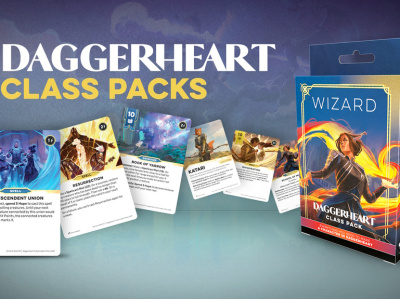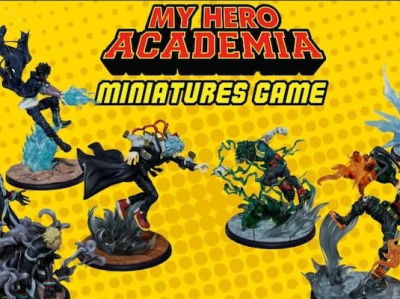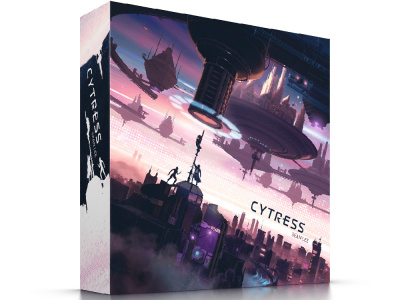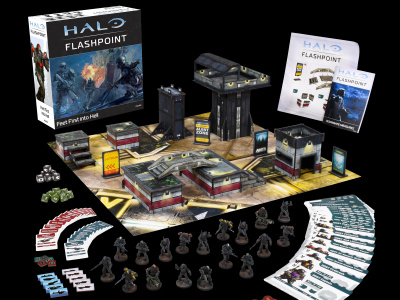Exploding Kittens has acquired the family game Happy Salmon, designed by Quentin Weir and game developer Ken Gruhl, from North Star Games, the company announced. Gruhl has joined Exploding Kittens as Senior Game Designer, as the company scales up to produce more games. Exploding Kittens is releasing six games in 2021, including a new version of Happy Salmon re-imagined with an Exploding Kittens twist planned for November.
To get an idea of how the company as scaling up, we asked Exploding Kittens Head of Creative Development Zach Schiff-Abrams to give us an idea of how the company’s release count was changing.
"In 2020, Exploding Kittens released three games (Throw Throw Burrito: Extreme, Poetry for Neanderthals, A Game of Cat and Mouth), and one expansion pack (Barking Kittens)," he said. This year, Exploding Kittens will release a total of six games, three of which are available now (Tacocat Spelled Backwards, A Little Wordy, Exploding Minions), two launching on August 1st (Throw Throw Avocado and Exploding Kittens: Recipes for Disaster), and Happy Salmon which will be available this November. The company is also launching the first expansion for Poetry for Neanderthals, and a two-player version of Exploding Kittens.
"We are still finalizing our release slate for 2022, but we expect similar levels of velocity to past years as we continue to grow our library of games."
Although Shiff-Abrams was not specific about the number of releases next year, with four products in 2020 and eight in 2021, maintaining the same growth rate would lead to 16 games in 2022.
Schiff-Abrams and Thor Ritz are leading a team of over 15 designers, which includes internal team members Gruhl, Carol Mertz, Mary Georgescu, and Ian Clayman; industry veteran Eric Lang (who is consulting for the company in a broad capacity); and external designers including Wolfgang Warsch, Mikkel Bertelsen, Martin Gjerløv, and Brian Spence, the creator of the game mechanic of Throw Throw Burrito.
"We want to develop new games and brands, whether that’s through our internal team, working with external designers, or by acquiring IP and talent like we did with Happy Salmon," Schiff-Abrams said.
We also asked about the company’s distribution and Schiff-Abrams indicated that they’re evaluating how to proceed as their line grows. "We work with a variety of distributors to sell our games to hobby stores around the world," Schiff-Abrams said. "Domestically we work with ACD, Alliance, Asmodee North America and GTS; and then for the international markets about ten additional partners to get our games to every corner of the globe. While we tend to focus our slate on casual games for the mass market and traditionally the hobby market caters more towards midcore and hardcore gaming, those lines are continuing to blur as our business and the industry at large continues to grow. As such, going forward we are evaluating whether the strategy I outlined above is one we will continue with or whether we take a more direct approach to selling to the hobby market."
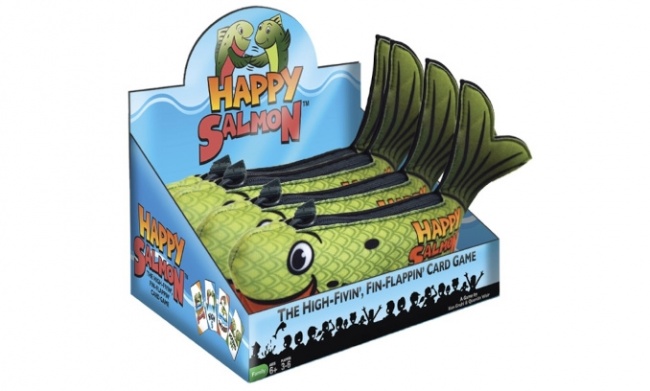
As It Scales Up to Produce More Games
Posted by Milton Griepp on July 23, 2021 @ 2:49 am CT
MORE GAMES
Class-Specific Card Decks for 'Daggerheart' RPG
August 6, 2025
Darrington Press has announced plans to release a series of nine Class Packs for use with its Daggerheart role playing game.
Coming to Kickstarter Soon
August 6, 2025
Catalyst Game Labs, Toho, and Crunchyroll have teamed up to produce My Hero Academia Miniatures Game.
MORE NEWS
New Sci-Fi Board Game
August 6, 2025
Good Games Publishing will release Cytress, a new sci-fi board game.
'First Feet into Hell'
August 6, 2025
Mantic Games revealed First Feet into Hell, a new Halo: Flashpoint boxed set.




